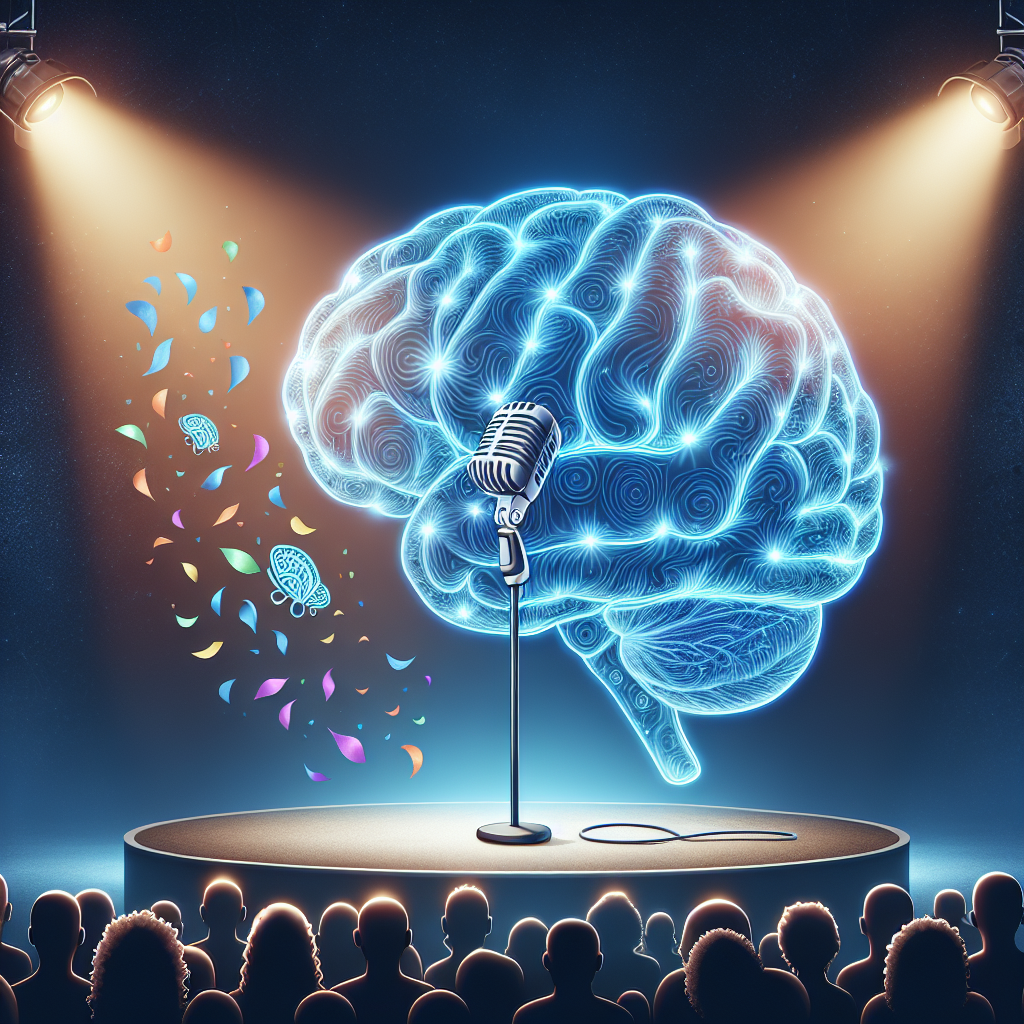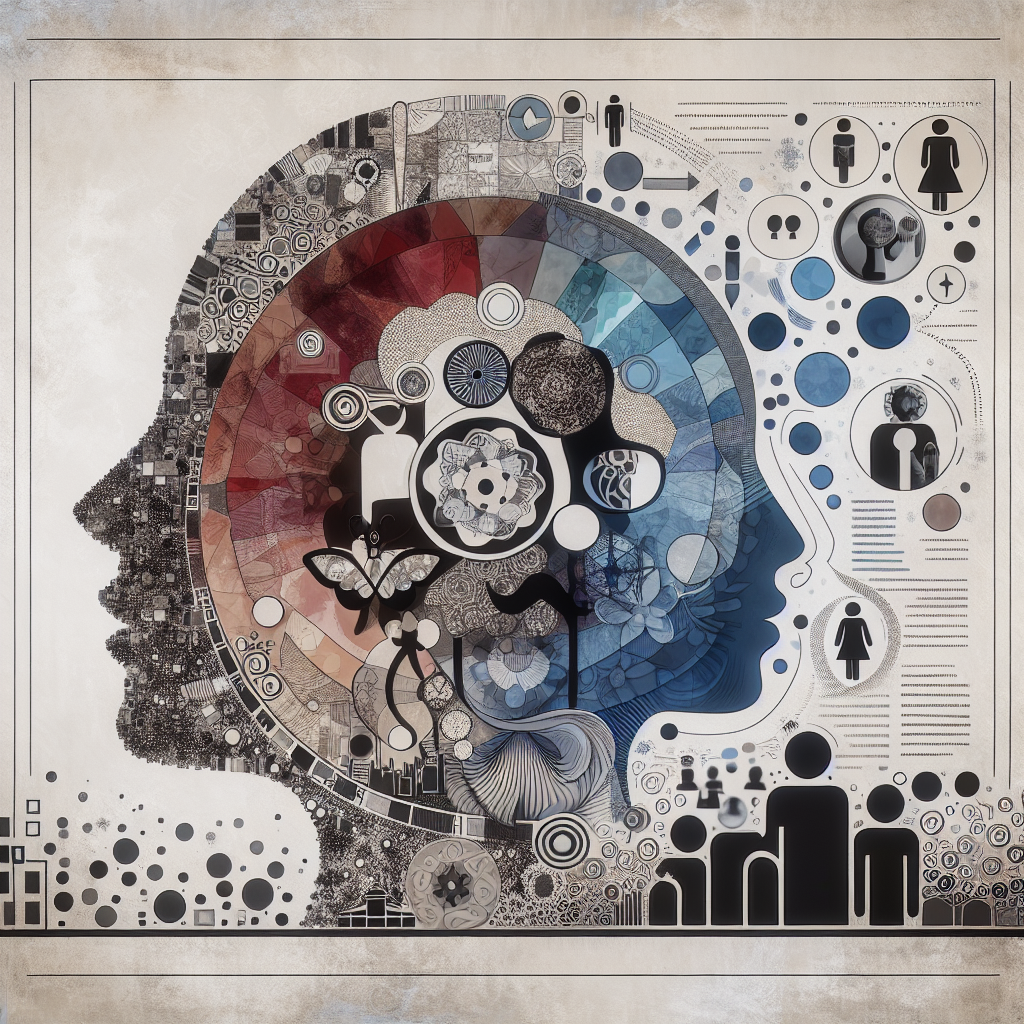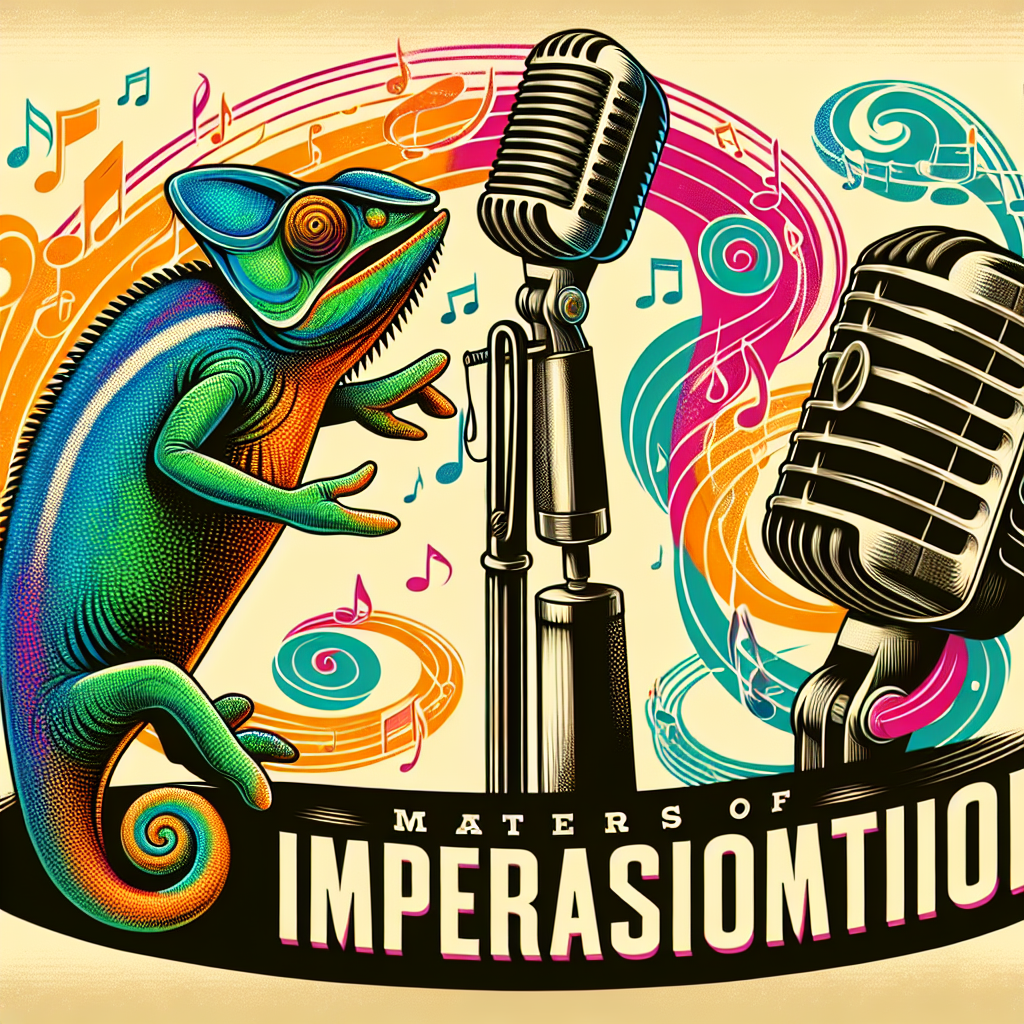Stand-Up Comedy and Mental Health: Finding Joy in the Pain

Table of Contents
- Understanding the Connection Between Comedy and Mental Health
- The Therapeutic Role of Laughter
- Comedy as a Coping Mechanism
- The Power of Personal Stories
- Turning Pain into Punchlines
- Catharsis Through Comedy
- Building Community and Support
- Creating Safe Spaces
- The Role of Comedy Festivals and Workshops
- Navigating the Fine Line
- The Balance Between Humor and Sensitivity
- When Humor Fails
- Promoting Mental Health Awareness Through Comedy
- Partnerships with Mental Health Organizations
- Impactful Campaigns and Initiatives
- Strategies for Comedians: Finding Joy in the Pain
- Embracing Vulnerability
- Continuous Learning and Self-Care
- Conclusion: The Joy of Healing Through Humor
- External Links:
- Internal Links:
Stand-up comedy has long been perceived as a mode of entertainment that elicits laughter, but its essence often runs deeper. For many comedians, the stage serves as a therapeutic platform, a space where personal pain can be transformed into humor, a process that holds profound implications for mental health. This article delves into how stand-up comedy intersects with mental well-being, shedding light on the purging nature of laughter, the cathartic process of joke-telling, and the broader community it fosters.
Understanding the Connection Between Comedy and Mental Health
The Therapeutic Role of Laughter
Laughter is often described as the best medicine. According to a study published by the Mayo Clinic, laughter triggers the release of endorphins, the body’s natural feel-good chemicals. This physiological response to laughter can alleviate stress, relieve pain, and improve overall mental health. For many comedians, the process of crafting jokes from personal experiences, including those that are painful, offers a method for coping with adversity.
Comedy as a Coping Mechanism
Comedians frequently draw upon their life experiences — including challenges related to mental health — to create relatable content. This practice not only allows them to process their own emotions but also provides comfort to audiences who may be experiencing similar struggles. As Tina Fey wisely stated, "Comedy is the ultimate form of human expression, and it connects people through shared experiences."
The Power of Personal Stories
Turning Pain into Punchlines
Many iconic acts often stem from personal stories, particularly those involving hardship or mental health issues. Comedians like Maria Bamford and Pete Davidson openly discuss their experiences with mental illness, using humor to dismantle stigma. By transforming their struggles into relatable content, they empower others, creating a sense of community among those facing similar challenges.
Catharsis Through Comedy
According to a study published in the Journal of Humor Research, joke-telling can serve as a cathartic outlet. Personal exploration through humor allows comedians to confront their fears, anxieties, and traumas. The laughter that follows serves as a release of pent-up emotions, creating a therapeutic loop between the comedian and the audience.
Building Community and Support
Creating Safe Spaces
Stand-up comedy venues often feel like safe spaces for both performers and audiences. They foster an atmosphere where individuals can laugh about their pains, fears, and vulnerabilities without judgment. This communal laughter not only helps destigmatize mental health issues but also emphasizes the shared human experience of suffering.
The Role of Comedy Festivals and Workshops
Comedy festivals and workshops serve as excellent platforms for mental health awareness. Events like the San Francisco Sketchfest or Women in Comedy Festival promote mental health themes and support emerging comedians who address personal challenges. These gatherings create networks of solidarity among performers and advocates, uniting them in a common goal of increasing awareness and acceptance around mental health issues.
Navigating the Fine Line
The Balance Between Humor and Sensitivity
While humor can be healing, navigating the fine line between comedy and insensitivity can be challenging. Comedians must cultivate the skill of understanding their audience’s emotions and perceptions, ensuring that the humor remains respectful. The importance of this balance is highlighted in resources like the Comedy and Mental Health report by the American Psychological Association, which discusses the impact of sensitive material in comedy and the potential risks of miscommunication.
When Humor Fails
Not every attempt at humor is well-received. Comedians sometimes face backlash for jokes that don’t land well or that touch on sensitive topics. This reality highlights the ongoing need for mindfulness, particularly when addressing issues surrounding mental health. The response to such risks illustrates the importance of empathy in comedy and the essential understanding of audience dynamics.
Promoting Mental Health Awareness Through Comedy
Partnerships with Mental Health Organizations
Comedians can play a vital role in advocating for mental health awareness. Collaborations with organizations such as NAMI (National Alliance on Mental Illness) or Mental Health America often involve events where comedians share their experiences and promote conversations about mental health. These partnerships not only raise awareness but also generate funds for mental health research and initiatives.
Impactful Campaigns and Initiatives
Campaigns like #MentalHealthComedy have emerged, encouraging comedians to share their stories and insights about mental health. These initiatives utilize social media platforms to spread awareness and foster conversations, helping to normalize discussions about mental health within the comedic community.
Strategies for Comedians: Finding Joy in the Pain
Embracing Vulnerability
For comedians, embracing vulnerability can be a source of strength. This acceptance not only enriches their performances but also invites audiences to connect on a deeper level. The authenticity behind personal stories resonates, making the humor more potent and impactful.
Continuous Learning and Self-Care
As with any profession, it’s imperative for comedians to engage in self-care practices. Techniques such as meditation, therapy, and physical exercise can enhance mental well-being. By promoting self-care within the comedic community, performers can model healthy habits for their audiences.
Conclusion: The Joy of Healing Through Humor
Stand-up comedy represents a unique intersection of humor and healing. By embracing personal pain and transforming it into laughter, comedians not only find joy but also provide solace for others. In navigating their journeys through mental health challenges, they create a platform for conversations that foster understanding, community, and compassion.
As society continues to grapple with mental health issues, the laughter shared in comedy clubs can serve as a beacon of hope. By finding joy in the pain, both comedians and audiences can embrace the transformative power of humor, making strides towards greater awareness, empathy, and healing.
For further reading on mental health awareness and coping strategies, visit our articles on mental health and entrepreneurship and the importance of humor in stressful environments.
External Links:
- Mayo Clinic – Laughter: A Good Medicine
- American Psychological Association – Comedy and Mental Health
Internal Links:
Latest Posts
You Might Also Like

Lorem ipsum dolor sit amet, consectetur adipiscing elit. Ut elit tellus, luctus nec ullamcorper mattis, pulvinar dapibus leo.
TOP NEWS
Copyright © 2025 FunnyShowStreaming.site | All rights reserved.



















Comments are off for this post.